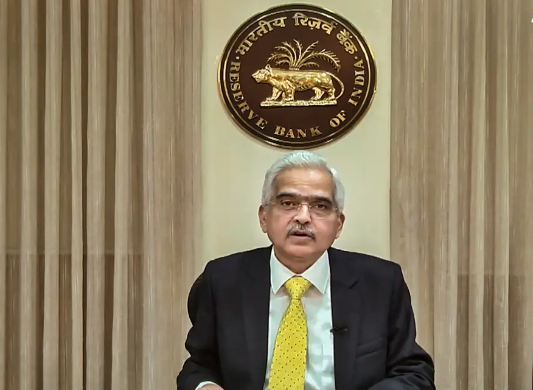RBI Raises Bulk Fixed Deposit Limit to Rs 3 Crore: Key Updates and Initiatives (GS Paper 3, Economy)

Introduction:
- The Reserve Bank of India (RBI) recently announced significant revisions in deposit thresholds and introduced various initiatives to streamline banking operations and enhance security in digital payments.
- This article highlights the key updates and initiatives unveiled by the RBI.
Revised Deposit Thresholds:
- The RBI has increased the threshold for bulk fixed deposits from Rs 2 crore to Rs 3 crore, aiming to refine liquidity management for banks.
- Retail fixed deposits now cover amounts up to Rs 2 crore, offering clarity in deposit classifications.
Differentiation in Interest Rates:
- Bulk fixed deposits, starting at Rs 3 crore, typically offer higher interest rates compared to retail term deposits.
- This differentiation aids banks in liquidity management strategies while ensuring competitive rates for depositors.
Streamlining International Trade Processes:
- To promote ease of doing business, the RBI plans to rationalize guidelines under the Foreign Exchange Management Act (FEMA) for export and import transactions.
- These efforts aim to enhance operational flexibility for authorized dealer banks, fostering a conducive environment for international trade.
Enhancing Digital Payments Security:
- In response to the surge in digital payment frauds, the RBI proposes the establishment of a Digital Payments Intelligence Platform.
- This platform will facilitate network-level intelligence and real-time data sharing across the digital payments ecosystem, strengthening security measures and boosting consumer confidence.
Promoting Fintech Innovation:
- The RBI continues its support for fintech innovation through initiatives like the global hackathon 'HaRBInger – Innovation for Transformation'.
- The upcoming third edition, 'HaRBInger 2024', will focus on themes such as 'Zero Financial Frauds' and 'Being Divyang Friendly', fostering innovation in the fintech sector.
Conclusion:
- The RBI's recent initiatives, including the revision of deposit thresholds, streamlining of international trade processes, enhancement of digital payments security, and promotion of fintech innovation, underscore its commitment to fostering a robust and secure banking ecosystem.
- These measures are poised to benefit both financial institutions and consumers, ensuring efficiency, security, and innovation in the banking sector.


